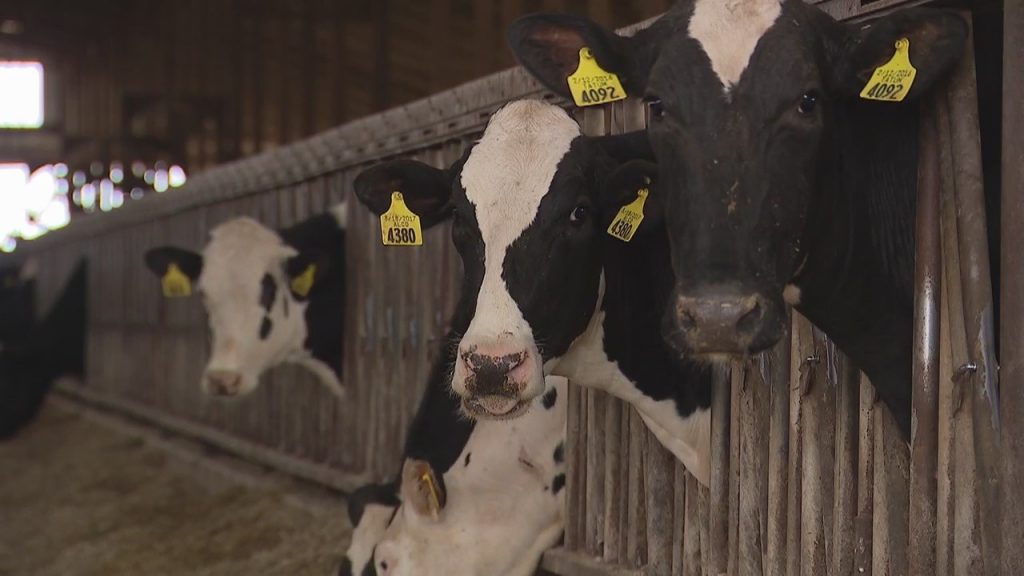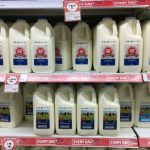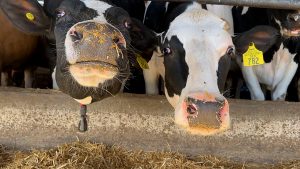
But farmers can’t stop their animals from producing what they’re meant to do. And now at least one farmer in Southeast Michigan is worried that the supply will cause him to have to dump milk before it goes bad.
Horning Farms in Manchester, Michigan, has been turning out milk for six generations. Katelyn Packard is running the farm, which has always been in the family.
Cow supply backs up as schools, restaurants stop ordering milk
Milk demand has been cut in half as schools and restaurants have stopped ordering milk during the coronavirus pandemic. At least one farmer is concerned about the future of her supply.
“It was started by my great great great great grandpa,” Packard said.
After the family milks the cows, the milk is sent to a processing plant and then on to the grocery store – all in about 48 hours. Her and her family prepare the fields and milk 390 cows every day and, as she put it, COVID-19 isn’t stopping her work but things have changed.
“Things can’t stop around here. We have a lot of animals depending on us,” Packard said. “When it comes to what I’m actually getting paid for my product and when I look at the future price of milk it’s pretty low.”
Packard says during the crisis and despite seeing empty store shelves, demand has dropped 50% as processing plants are no longer getting the bulk orders from restaurants and schools. That could spell trouble for Packard and the family.
“A lot of our bills are still the same. We still need to feed the cows. We still need a veterinarian to help us,” she said.
Packard says thankfully, since their farm is a small business, they qualify for some of the programs through the CARES Act and they’ve already taken advantage of the Paycheck Protection Program.
While that’s helpful, Packard is worried that, eventually, she’ll have to start dumping milk.
“That’s really unfortunate and we hate to see it.”
Each cow produces about 10 gallons of milk every day and they don’t simply stop when the demand dries up.
“We can’t just ask them to stop or produce less, that doesn’t happen. They keep reducing the same amount of milk,” she said.
Packard is hopeful that won’t happen and that they’ll make it through the pandemic.























